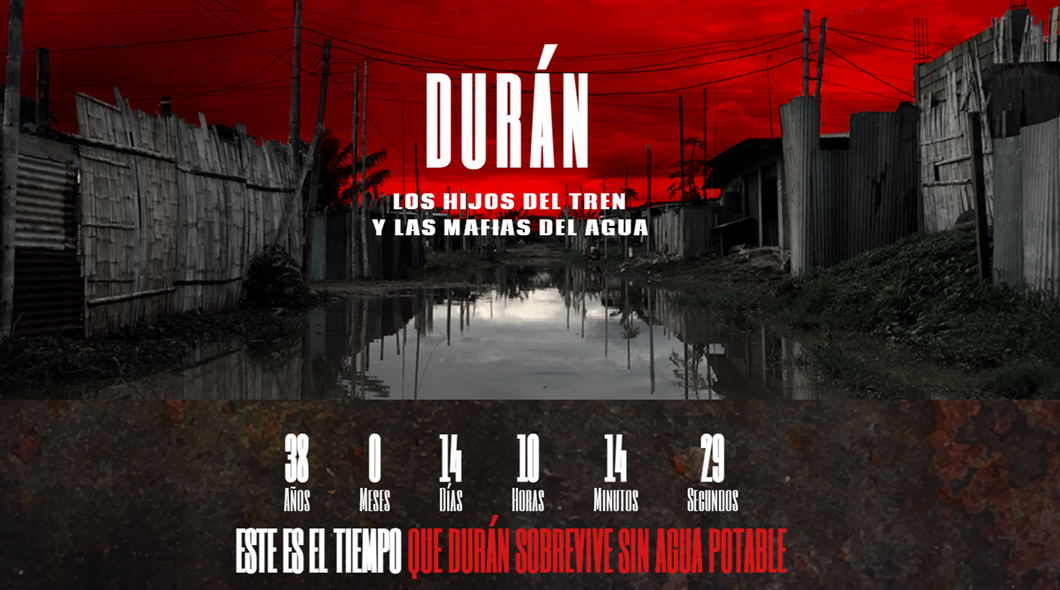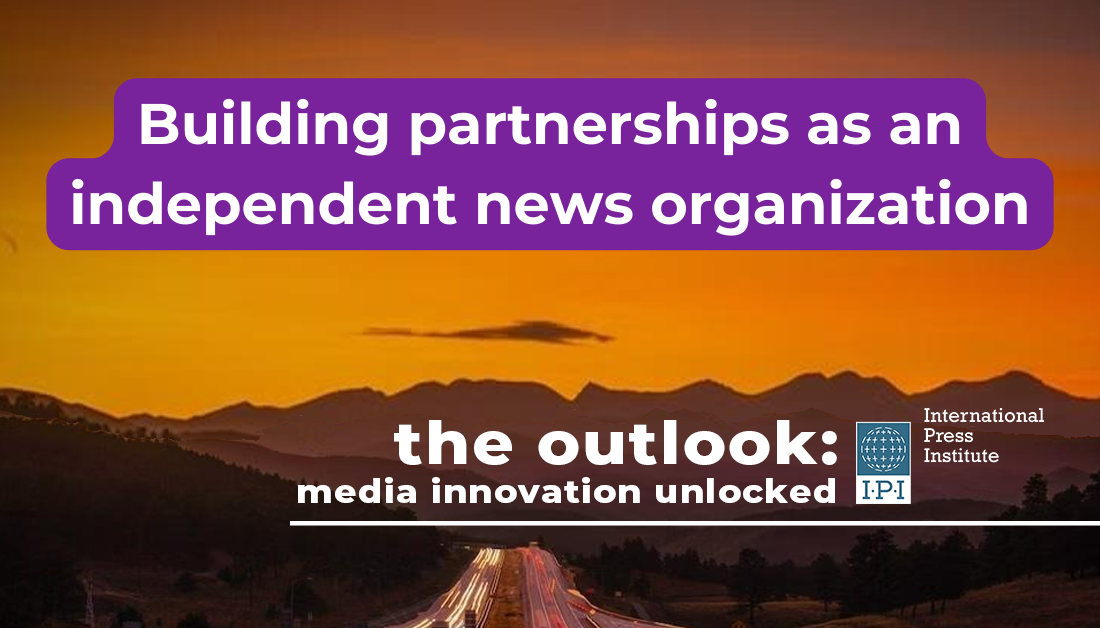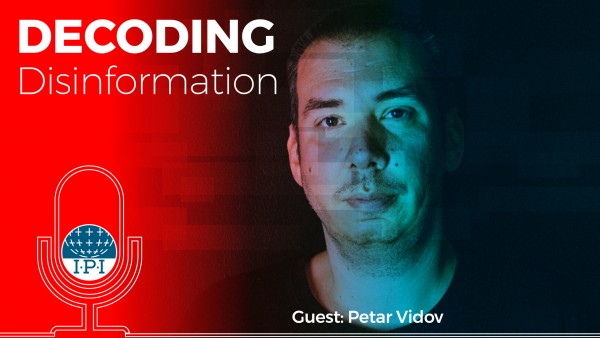This text comes from IPI’s newsletter The Outlook. Click here to sign up to receive future editions direct to your inbox.
This is The Outlook, IPI’s media innovation newsletter, where we take a look at tools and strategies for innovation, and learn from newsrooms that are implementing them.
This week we are looking at how to build a network to support your journalism and grow its impact. The IPI Media Innovation & Sustainability team is also welcoming a new team member!
The challenge: Media organizations have long to-do lists
At IPI we work with news organizations as small as one person, but even the most dedicated journalism entrepreneur can’t do their work alone. That’s especially true in politically challenging environments, as was the case with two of the participants in IPI’s Local News Accelerator:
Yemen-based Awafi works to combat widespread health-related disinformation which spread following the outbreak of war in 2015 and subsequent collapse in the healthcare system.
Ecuadorian investigative media Tierra de Nadie was founded to report on corruption in areas outside the capital, where journalistic work often comes under threat.
Both organizations needed support to increase their reach and impact. Media outlets can benefit from partnerships with community members, technologists, academics, subject matter experts, and other media organizations. These alliances can take a wide range of forms – you might collaborate on projects, apply for grants together, or exchange skills, knowledge or connections with certain audiences, for example.
To get started, you need to define what you’re asking for.
The solution: Finding suitable partners, and getting their support
“Building strong partnerships not only enriches the content, but also expands the scope and impact of our reporting,” said Wael Sharha, project manager for the Health Newsroom which Awafi launched in order to reach the communities most vulnerable to misinformation.
Working with local health organizations, NGOs and academic institutions helped journalists obtain information and data. Continuous communication with community leaders and local healthcare providers helped them to better understand health needs in each local area, and the involvement of multiple local media outlets meant that each report could be more widely disseminated.
The collaboration was a two-way street: Awafi set up skills development in health reporting and data analysis for participating journalists. The network also facilitated interviews between local media and health authorities, which was helpful in countering false narratives surrounding childhood vaccines.
They’ve already seen an increase in members of the public combating misinformation, and the local newsrooms they work with are publishing more health-related content.
In Ecuador, Tierra de Nadie Tierra de Nadie specializes in investigating local powers in non-capital cities. To achieve this, they create alliances and projects with local media. The main example is their research unit in the city of Durán, built together with the local outlet El Ferrodiario to publish their joint research work. The unit’s work has already had an impact within and outside the country, opening the door to new funding opportunities and other possibilities.

The homepage of the investigative unit in Duran.
CEO and founder Leonardo Gómez Ponce has also sought partners outside the media sector. Although it takes time to build relationships with new partners, he explains that it’s a mistake to only look at the people and organizations you know, and not to look for those with the skills you lack. He has focused on building alliances with individuals and organizations with expertise in advertising, finance and other areas, who also shared their values in defending freedom of expression.
“It’s better to turn your partners into your friends than turn your friends into your partners,” he notes.
💡The Takeaway: Have a clear goal for each partnership. Approach potential partners with a tailored suggestion, clearly explaining the collaboration’s structure. You could offer options (show what you’d do with different amounts of funding, or different levels of time commitment) to increase the chance of a ‘yes’.
At Tierra de Nadie, one of the keys to achieving these goals was refining the organizational structure of the newsroom.
Ponce is an investigative journalist and still works on reports. However, through the Local News Accelerator, he realized he needed to focus on the strategic business side of the organization in the role of CEO, with two colleagues taking on the responsibility of editorial and administrative management. As CEO, he dedicates time to setting goals, identifying and evaluating potential allies, and developing relationships.
News from IPI’s Media Sustainability Team
Welcome to a new member of our team, Innovation Projects Manager Sérgio Spagnuolo. Sérgio is a Brazilian journalist specialized in data journalism, innovation, and product development. He is the founder of two news startups in Brazil and has been a Tow-Knight Fellow for Entrepreneurial Journalism at the City University of New York and an ICFJ Knight Fellow. At IPI he will manage our innovation projects, and we look forward to working together!
IPI has launched its 2023 impact report, and you can read it online here. The work of our team – through our accelerator and incubator programmes, the Media Innovation Festival and more – is featured alongside IPI’s work in advocacy for press freedom, and driving collaboration and solidarity among media.
We have also announced more sessions and speakers for the IPI World Congress and Media Innovation Festival. Check out the programme online and register to join us in Sarajevo in May, for discussions and insights on topics including trust, revenue models, audience engagement, and technology.
Funding opportunities for media
- Mongabay Africa has opened applications to the latest cohort of its French-speaking fellowship programme. Up to six current or aspiring environmental journalists from different countries (Benin, Burkina Faso, Ivory Coast, Mali, Niger or Togo) will be supported between April and June with training and a total scholarship of $1,500. The deadline is March 15.
-
The BBC News Komla Dumor Award is open for applications from journalists living and working in Africa, and the successful applicant will receive three months’ training with the BBC in London, with a £7,000 stipend and travel, accommodation and visa costs covered. The deadline is March 15.
-
Newsrooms in South Africa can apply to the Media Development Investment Fund’s Amplify South Africa programme, which will span two years and includes grant funding and tailored training and coaching. The deadline is March 16.
-
The Balkan Investigative Reporting Network (BIRN) and the Erste Foundation have opened applications for the Fellowship for Journalistic Excellence, which will provide 10 selected journalists with bursaries of €3,000 for a reporting project on the theme Voices. There are further awards of up to €3,000 on offer for the best three stories from the selected journalists. The deadline is March 25.
- There are two open calls from IJ4EU (run by IPI and partners) to support freelancers and cross-border investigative teams in Europe: the Freelancer Support Scheme, offering grants of up to €20,000, and the Investigation Support Scheme, offering grants of up to €50,000. The deadline for both is March 31.
- Small media outlets in Europe can apply to become members of the SoJo Europe cohort managed by JournalismFund. Joining the cohort means access to training, mentoring and cross-border collaboration, plus the opportunity to apply for cohort-only grants of up to €40,000 per newsroom for cross-border, solutions-oriented, and investigative reporting. The deadline is April 4.




